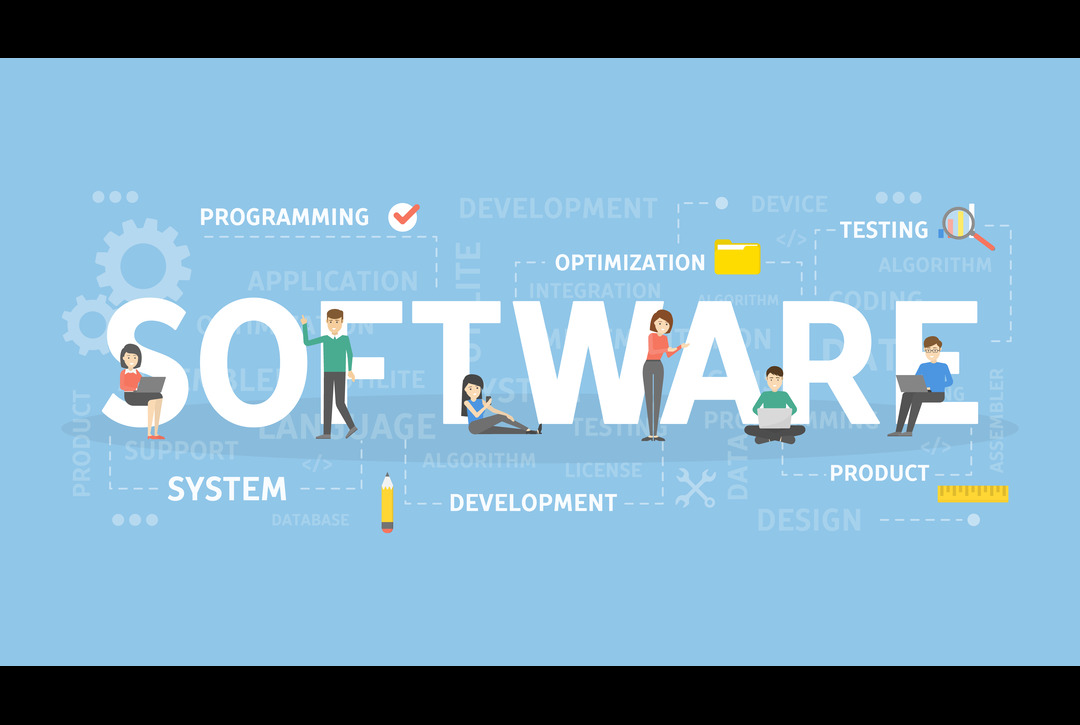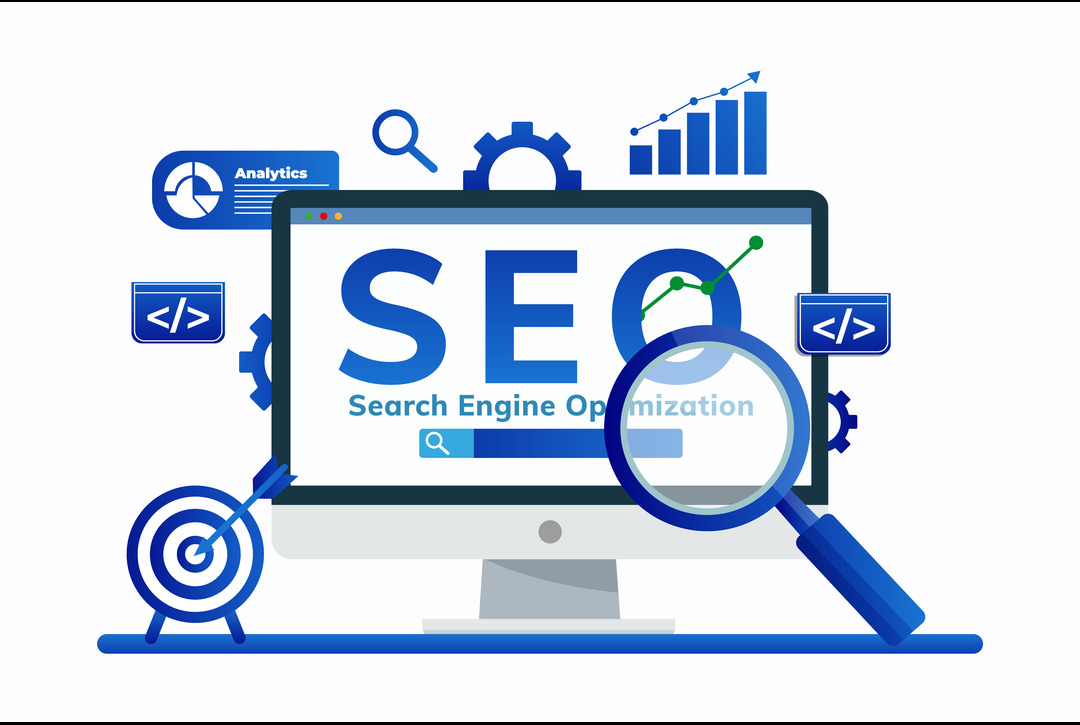Software is very important for businesses today because it helps them work faster, communicate better, and give customers better experiences. Choosing the right software can make or break a company, affecting its ability to grow, be productive, and even make money. There are two main options for making this decision: custom software development and off-the-shelf solutions. Both have pros and cons, as well as specific situations in which they work best. It’s important to know what each one involves before choosing which one is best for your business needs.
What is Custom Software Development?
Custom software is made just for a business or organisation to meet its specific needs. Custom software is made to fit a business’s workflows, processes, and goals, unlike general-purpose off-the-shelf software. Most of the time, companies hire dedicated development teams or agencies to make, test, and put the software into use.
Custom software can be anything from CRM systems made just for certain industries to Enterprise Resource Planning (ERP) systems made just for manufacturing companies to proprietary e-commerce platforms that give customers a unique experience.
Get Affordable Software Development Services
What is Off-the-Shelf Software?
On the other hand, off-the-shelf software is software that is already built and ready to use. These are general-purpose products that a wide range of people and businesses can use. They usually come with preloaded features and settings that are meant to meet common operational needs.
Microsoft Office 365, QuickBooks, and Shopify are all well-known examples of off-the-shelf solutions. Most of the time, these solutions don’t need much setup, so that businesses can get started right away.
Key Differences
The main difference between custom software and off-the-shelf software is how flexible they are and what they are meant to do.
- Customisation: Custom software development meets the exact needs of a business, while off-the-shelf software only lets you customise it to a certain extent.
- Ownership: When a business buys custom software, it owns it completely. On the other hand, off-the-shelf software usually comes with licensing terms and restrictions.
- Initial Cost: Custom software usually costs more up front, but off-the-shelf solutions are cheaper at first.
- Suitability: Off-the-shelf software is better for simple, everyday tasks, while custom software is better for very specific or complicated operational needs.
Advantages of Custom Software Development
The key advantages are discussed below.
1. Tailored to Your Needs
Custom software is made to help with the complicated parts of your business processes. Because it is custom-made, it can better meet specific needs and pain points that off-the-shelf solutions may not be able to address fully.
2. Scalability
Custom-made solutions can grow with your business. Custom software grows and changes to meet your needs, whether you’re adding new technologies or expanding your business.
3. Competitive Edge
Custom software can set your business apart by giving it unique features or efficiencies that competitors who use off-the-shelf software might not have.
4. More Safety
Unlike generic security layers found in off-the-shelf products, bespoke solutions often come with extra security features built in to protect against threats that are specific to the industry.
5. Control and Ownership
You control updates, integrations, and features of the custom software because you own it. In simple words, you can set its development lifecycle.
Disadvantages of Custom Software Development
The key disadvantages are discussed below.
1. High Initial Cost
Building a custom solution takes a lot of time and money to develop, test, and deploy.
2. Time-Intensive Development
It can take months or even years to make custom software, so it’s not the best choice if you need it right away.
3. Maintenance Responsibility
When you own something, you are responsible for keeping it up to date and fixing any problems that come up. It may require a separate IT team.
4. Potential for Misalignment
If the project isn’t properly planned, the final product might not be what you wanted, which would mean spending more time and money on changes.
Advantages of Off-the-Shelf Software
These are some notable pros of off-the-shelf solutions.
1. Affordable
Because they are made for a lot of people to use, pre-built solutions cost less up front. Businesses only have to pay for licenses or subscriptions.
2. Quick Implementation
Because off-the-shelf software is already made, it can be set up in a few hours or days.
3. Regular Updates
Most companies that sell off-the-shelf software offer regular updates to make sure your system stays up to date with the latest standards and features.
4. Community Support
Most off-the-shelf products have a lot of users, which gives you access to forums, guides, and ways to get help.
5. Lower Maintenance Responsibility
The software vendor takes care of bug fixes, system updates, and other maintenance tasks, which makes things easier for your in-house team.
Disadvantages of Off-the-Shelf Software
These are some significant cons of off-the-shelf solutions.
1. Lack of Customisation
Off-the-shelf solutions are made for a wide range of users, but they often can’t meet specific or niche needs.
2. Licensing Fees
Licensing fees can add up over time, making them more expensive in the long run, even though they are cheaper at first.
3. Scalability Limitations
Pre-built software might not grow with your business, which means you have to replace it or make big compromises.
4. Data Ownership Concerns
When you use subscription-based software, your data is often stored on systems that the vendor controls, which raises privacy and loss of control concerns.
5. Feature Bloat or Insufficiency
Many times, off-the-shelf software has features that aren’t needed, but it doesn’t have important parts that your business needs to run.
Cost Implications
When looking at the costs of custom software development versus off-the-shelf software, you need to think about more than just the initial cost:
- Custom Software: The costs of developing it up front are high, but there are no ongoing licensing fees, which makes it a better long-term choice for some businesses.
- Off-the-Shelf Software: Costs less up front but costs more over time. In the long run, these fees could end up being more than the initial cost of a custom solution.
Scalability
When it comes to scalability, custom software wins. It was made from the ground up to be able to grow and change as needed. However, as businesses grow, off-the-shelf software may force them to deal with limitations or third-party integrations, which could lead to inefficiencies or extra costs.
Personalisation
This is where custom software development really shines. Off-the-shelf solutions may let you change some settings, but they don’t usually let you customise things as much as custom software does. Customisation lets a company’s software work in the same way as its current processes and easily adapt to new needs.
Time-to-Market:
When time is of the essence, off-the-shelf software is the best choice. Companies can buy it, set it up, and start using it right away. On the other hand, custom software needs a lot of planning, prototyping, development, testing, and training, which makes the rollout take a lot longer.
Suitability for Different Businesses
Just have a look at which solution is better for which business niche.
Small Businesses and Startups
Off-the-shelf software is usually better for small businesses because it is cheap and easy to set up. These groups often don’t have the money or time to do long-term custom development.
Medium and Large Enterprises
Businesses with unique workflows or complicated needs find that custom software is becoming more and more useful. Larger companies also have the money and know-how to plan and run the development of these kinds of systems.
Niche Industries
Companies that work in niche areas may find that off-the-shelf solutions don’t meet their needs and instead turn to custom applications to meet their specific needs. A logistics company, for instance, might need software for optimising routes that is made just for them.
Choosing the Right Option for Your Business
Here are some things to think about when choosing between custom software development and ready-made software:
- Business Size and Budget: Figure out how much you can spend at first and over time.
- Specific Needs: If your business needs features or solutions that are only available in your field, custom software might be the best option.
- Scalability: Think about whether you want to grow your business and whether the software will need to grow with you.
- Time Constraints: If you need a software solution right away, ready-made ones will work better.
- Maintenance Capacity: Decide if you have the staff and tools to handle custom software or if you’d rather have the vendor take care of an off-the-shelf product.
Final Words
In today’s business world, both custom software development and off-the-shelf solutions are useful. Your needs, timeline, scalability goals, and budget will determine which one is best for you. By looking at the pros and cons of both options and taking into account the specific needs of your business, you can make a smart choice that will help your company grow and succeed.Just connect with us to get a custom software for your business.










